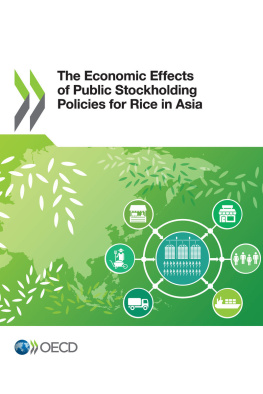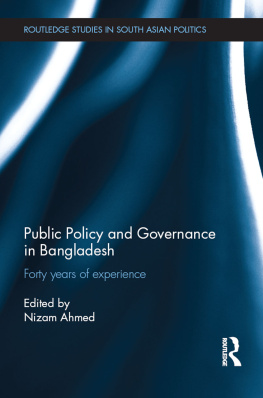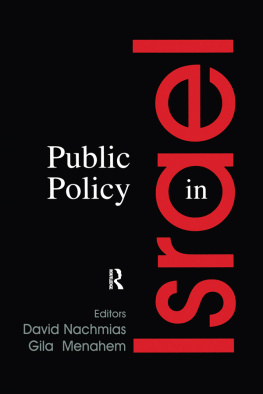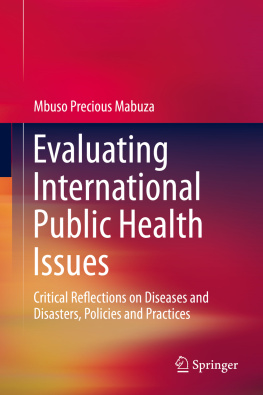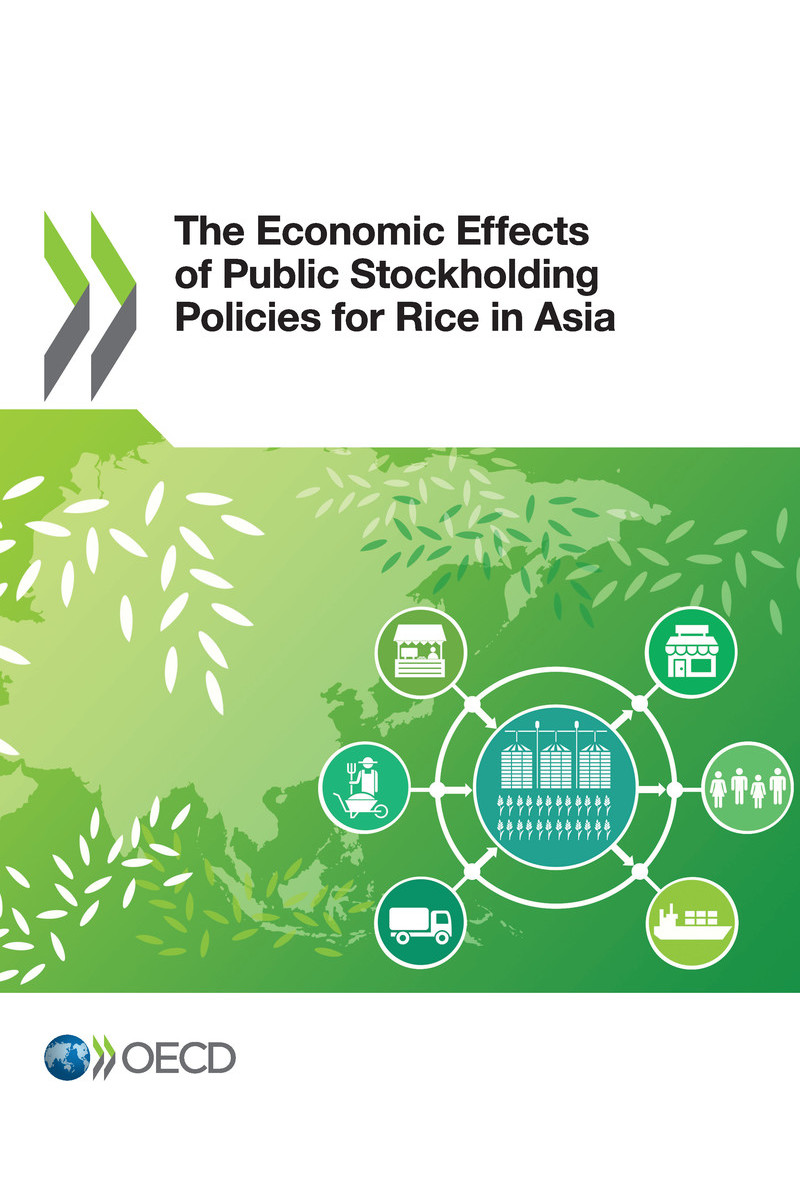The Economic Effects of Public Stockholding Policies for Rice in Asia
Please cite this publication as:
OECD (2018), The Economic Effects of Public Stockholding Policies for Rice in Asia , OECD Publishing, Paris.
https://doi.org/10.1787/9789264305366-en
Metadata, Legal and Rights
ISBN: 978-92-64-30535-9 (print) - 978-92-64-30536-6 (pdf) - 978-92-64-30775-9 (HTML) - 978-92-64-30774-2 (epub)
DOI: https://doi.org/10.1787/9789264305366-en
This work is published under the responsibility of the Secretary-General of the OECD. The opinions expressed and arguments employed herein do not necessarily reflect the official views of OECD member countries.
This document, as well as any data and any map included herein, are without prejudice to the status of or sovereignty over any territory, to the delimitation of international frontiers and boundaries and to the name of any territory, city or area.
The statistical data for Israel are supplied by and under the responsibility of the relevant Israeli authorities. The use of such data by the OECD is without prejudice to the status of the Golan Heights, East Jerusalem and Israeli settlements in the West Bank under the terms of international law.
Photo credits: Stephanie Coic.
Corrigenda to OECD publications may be found on line at: www.oecd.org/publishing/corrigenda .
OECD 2018
You can copy, download or print OECD content for your own use, and you can include excerpts from OECD publications, databases and multimedia products in your own documents, presentations, blogs, websites and teaching materials, provided that suitable acknowledgement of OECD as source and copyright owner is given. All requests for public or commercial use and translation rights should be submitted to .
Acknowledgements
Annelies Deuss, of the OECD Directorate for Trade and Agriculture, is the lead author of this report. Chapters 2 and 3 were co-authored with Marcel Adenuer (OECD). Research assistance was provided by Margaux Sauvaget for Chapter 1 and Armelle Elasri (OECD) for Chapter 2. Michle Patterson provided publication support and Stephanie Coic designed the cover and schematics.
Valuable comments from OECD colleagues were greatly appreciated, including those from Jonathan Brooks, Carmel Cahill, Jared Greenville, Andrzej Kwieciski, Hubertus Gay, Kelsey Burns, Silvia Sorescu, and Gen Furuhashi.
The report also benefited from valuable inputs from the delegates to the OECD Working Party on Agricultural Policies and Markets and from comments provided by Shirley Mustafa (FAO), Wonsup Yoon, Hiroshi Akai, and members of the AMIS Global Food Market Information Group.
Abbreviations
AAY
Antyodaya Anna Yojana (poorest household category in India)
AMIS
Agricultural Market Information System
aT
Korea Agro-Fisheries and Food Trade Corporation
BAAC
Bank for Agriculture and Agricultural Cooperatives
BULOG
Badan Urusan Logisitk (Bureau of Logistics)
CGE
Computable General Equilibrium
COFCO
China National Cereals, Oils and Foodstuffs Corporation
DGF
Director General of Food
ERS
Economic Research Service
FAO
Food and Agriculture Organization of the United Nations
FAPRI
Food and Agriculture Policy Research Institute
FCI
Food Corporation of India
FOBB
Farmers Option to Buy-Back
FPMU
Food Planning Monitoring Unit
GAIN
Global Agriculture Information Network
GKP
Gabah Kering Panen (Prices for wet paddy)
HPP
Harga Pembelian Pemerintah (Government Purchasing Price)
MAFF
Ministry of Agriculture, Forestry and Fisheries (Japan)
MAFRA
Ministry of Agriculture, Food and Rural Affairs (Korea)
NFA
National Food Authority
NFSA
National Food Security Act
OMA
Ordinary Minimum Access
OMSS
Open Market Sales Scheme
PDS
Public Distribution System
PFDS
Public Food Distribution System
PRSP
Public Rice Stockholding Programme
PSSE
Public Storage System for Emergencies
PWO
Public Warehouse Organization
SAG
State Administration of Grain
SBS
Simultaneous Buy and Sell
SINOGRAIN
China Grain Reserve Corporation
TPDS
Targeted Public Distribution System
USDA
United States Department of Agriculture
VGD
Vulnerable Group Development
VGF
Vulnerable Group Feeding
WTO
World Trade Organisation
ISO Currency codes
RMB
Yuan Remimbi (Peoples Republic of China)
Executive summary
Public stockholding programmes, whereby governments purchase, stockpile and distribute food staples, have regained popularity as a policy tool since the 2007-08 food price crisis. Governments deploy these programmes with a view to shielding consumers from food price spikes and providing more stable domestic prices for both consumers and producers. However, these programmes may also have additional and unintentional impacts on domestic and international markets, depending on how they function and the scale of intervention.
This report focuses on the specific case of public stockholding programmes for rice in Asia and analyses how different public stockholding strategies may influence domestic and international markets over the medium term (2018 to 2030). It examines, in particular, what would happen if several countries were at the same time to either expand or reduce their levels of public rice stocks, thereby placing some bounds on the potential global impacts of these policies.

